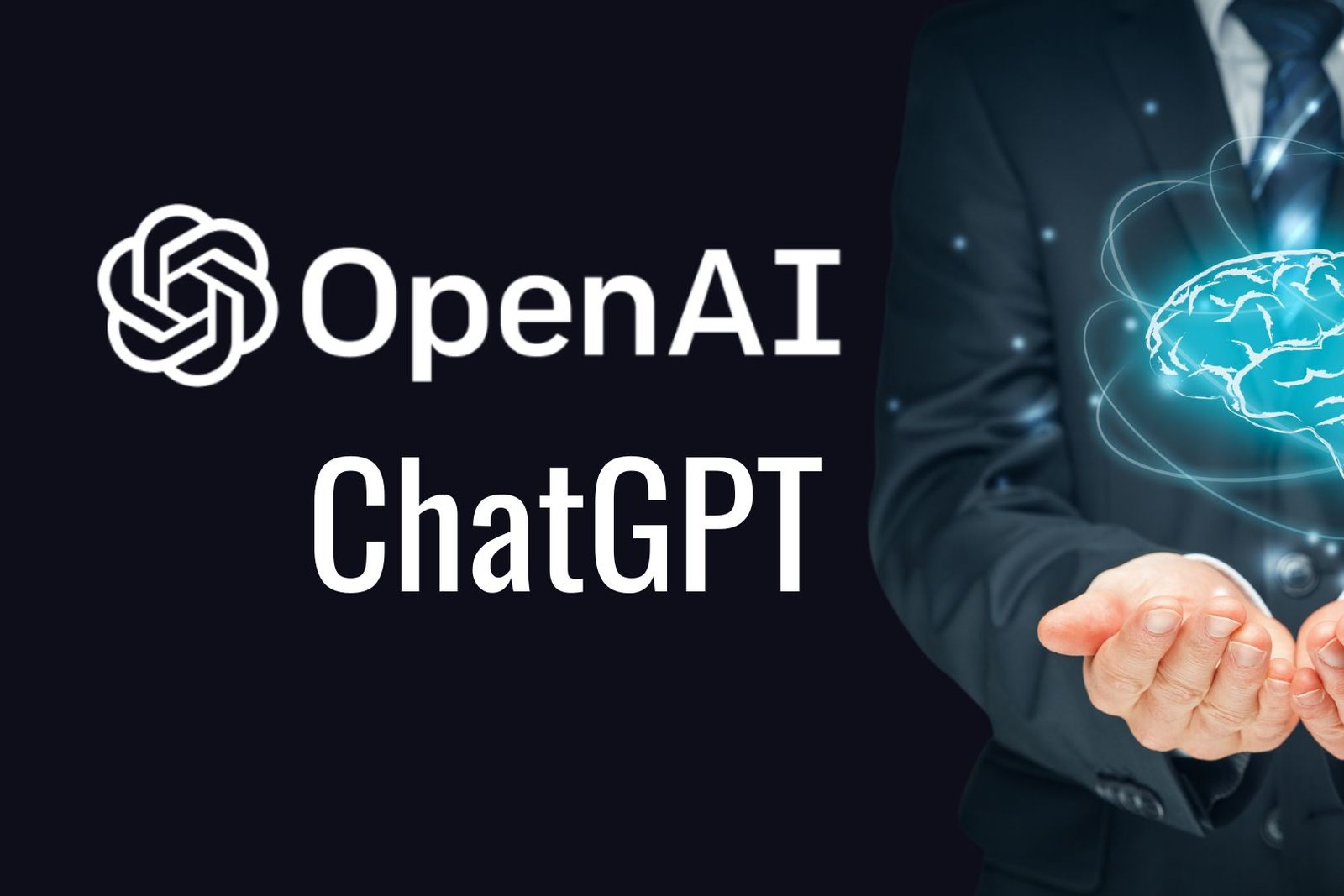Customer Service: ChatGPT can be integrated into customer service platforms, such as chatbots and virtual assistants. This allows businesses to provide 24/7 customer service and support to their customers, without the need for human representatives to be available at all times. ChatGPT can answer common questions, resolve issues, and provide personalized recommendations, which can improve the customer experience and satisfaction.
Personalization: ChatGPT can remember previous interactions with a user and tailor its responses accordingly. This allows businesses to provide personalized recommendations and offers to their customers, based on their previous preferences and behavior. This can increase customer engagement and loyalty.
Lead Generation: ChatGPT can be used to generate leads and qualify prospects. By engaging with potential customers in a conversational manner, ChatGPT can gather information and identify leads that are more likely to convert. This can save businesses time and resources in the lead generation process.
Content Generation: ChatGPT can be used to generate content for marketing campaigns. By inputting specific keywords and prompts, ChatGPT can generate articles, social media posts, and other marketing materials that are tailored to the business’s needs. This can save businesses time and resources in content creation.
Market Research: ChatGPT can be used to gather customer feedback and insights. By engaging in conversations with customers, ChatGPT can gather information about customer preferences, pain points, and behavior. This can help businesses to refine their marketing strategies and better understand their target audience.
Overall, ChatGPT has provided significant benefits to the marketing segment by enabling businesses to engage with their customers in a more personalized and efficient manner. By leveraging ChatGPT, businesses can improve their customer service, generate leads, personalized recommendations, and gather valuable customer insights.





0 Comments